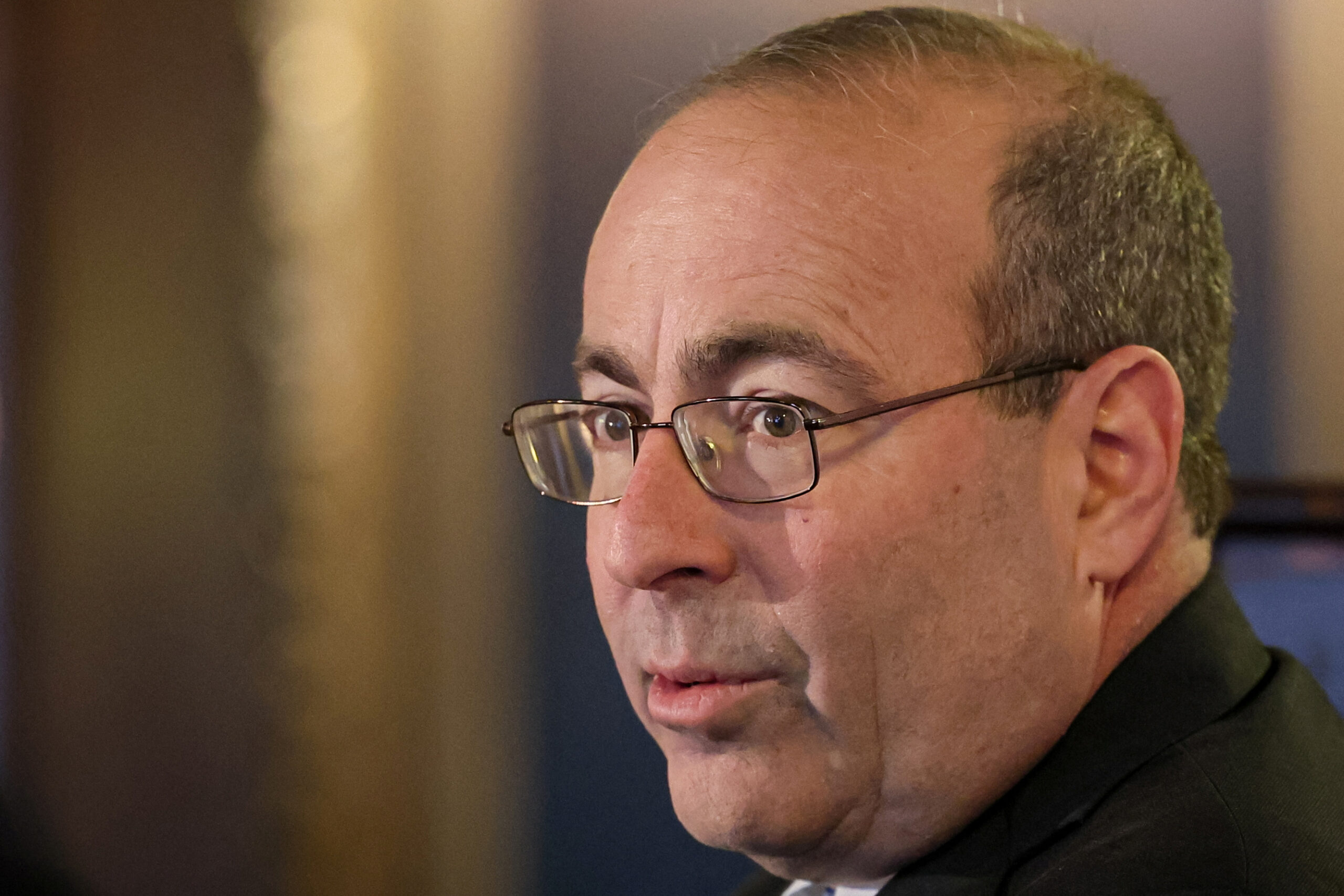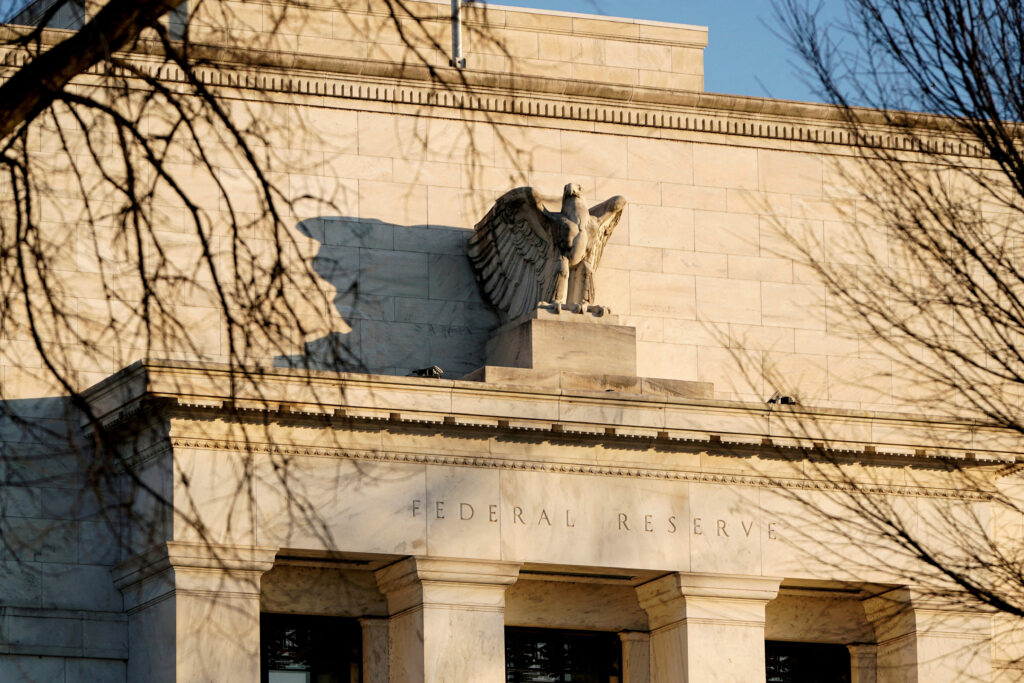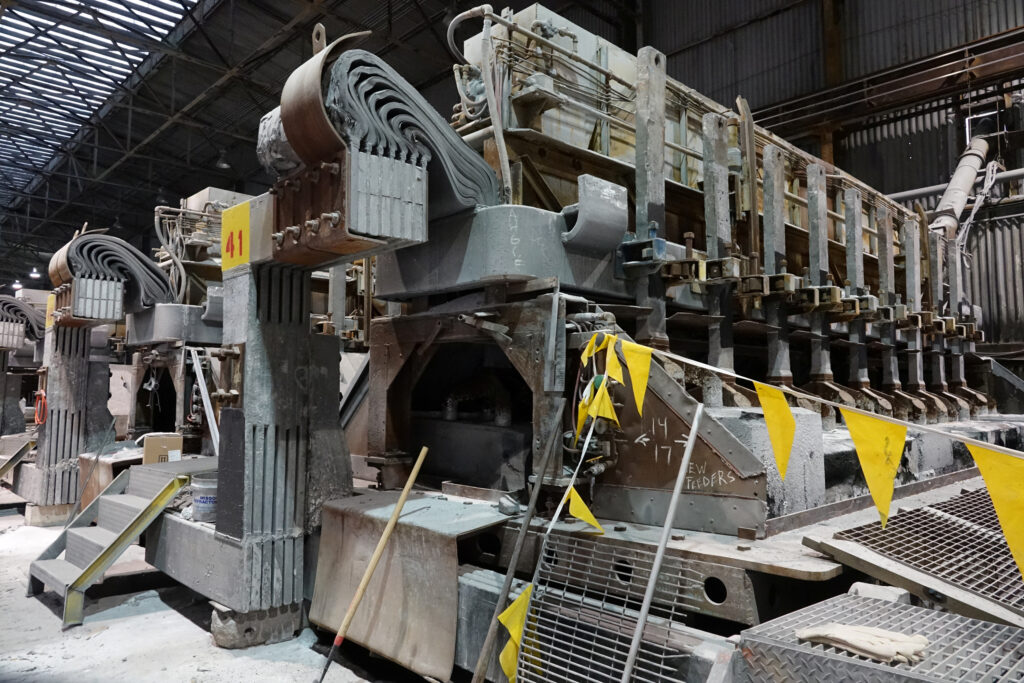WASHINGTON – The “low-hiring, low-firing” approach that U.S. businesses currently take to their employment decisions is unlikely to last, Richmond Federal Reserve President Thomas Barkin said in newly released comments, citing the risk that firms could resort to layoffs if the economy weakens.
Concerns about the job market have intensified at the U.S. central bank in recent weeks, and are a core reason for why Fed Chair Jerome Powell said in a speech on Friday that interest rate cuts were needed to prevent any further and unwanted erosion in U.S. joblessness.
It isn’t happening yet as firms remain reluctant to fire employees even as they’ve become more conservative in filling positions, Barkin said in comments to the Bloomberg “Odd Lots” podcast, which was recorded on Friday at a Fed economic symposium and released on Monday.
But “either demand will continue and people will start hiring again, or you will start to see layoffs,” Barkin said. “We are in a low-hiring, low-firing, mode. That does not feel like something that is going to persist. It is going to move left or it is going to move right.”
The unemployment rate has risen steadily this year to the current 4.3%, but that has been driven by a combination of slowed hiring and an increasing number of people looking for work, while layoffs have remained at low levels.
Protecting against downside risks to the job market is one reason reductions in the Fed’s benchmark policy rate are now all but certain to begin at the central bank’s September 17-18 meeting.
Barkin said he was taking a “test-and-learn” approach to rate reductions, likely pointing to his support for an initial quarter-percentage-point rate reduction as opposed to the larger half-percentage-point cut some analysts say would be appropriate. Inflation, he noted, remains a half percentage point above the Fed’s 2% target, and rate cuts might over time contribute to stronger inflation by boosting demand for housing and other items.
Yet Barkin, the Fed’s rate-setting policy committee voting member this year, said confidence in easing price pressures has grown, particularly as disinflation has become more broadly evident – not just focused on the goods sector.
“We have had very low readings for four months in a row, and it is now across the basket, whereas six months ago, eight months ago, it was just in goods,” Barkin said. “So the concern about inflation reaccelerating has definitely come down.”
(Source: ReutersReuters)
Maria Reed is a financial journalist with a passion for covering US equities. She joined the ABBO News team in June 2023. Maria holds an M.S. degree in International Economics and Finance from Otto-von-Guericke University in Magdeburg and is a CFA Level 2 candidate. Read Full Bio










